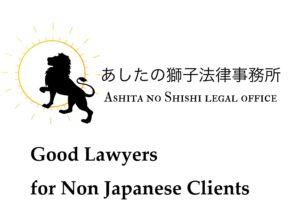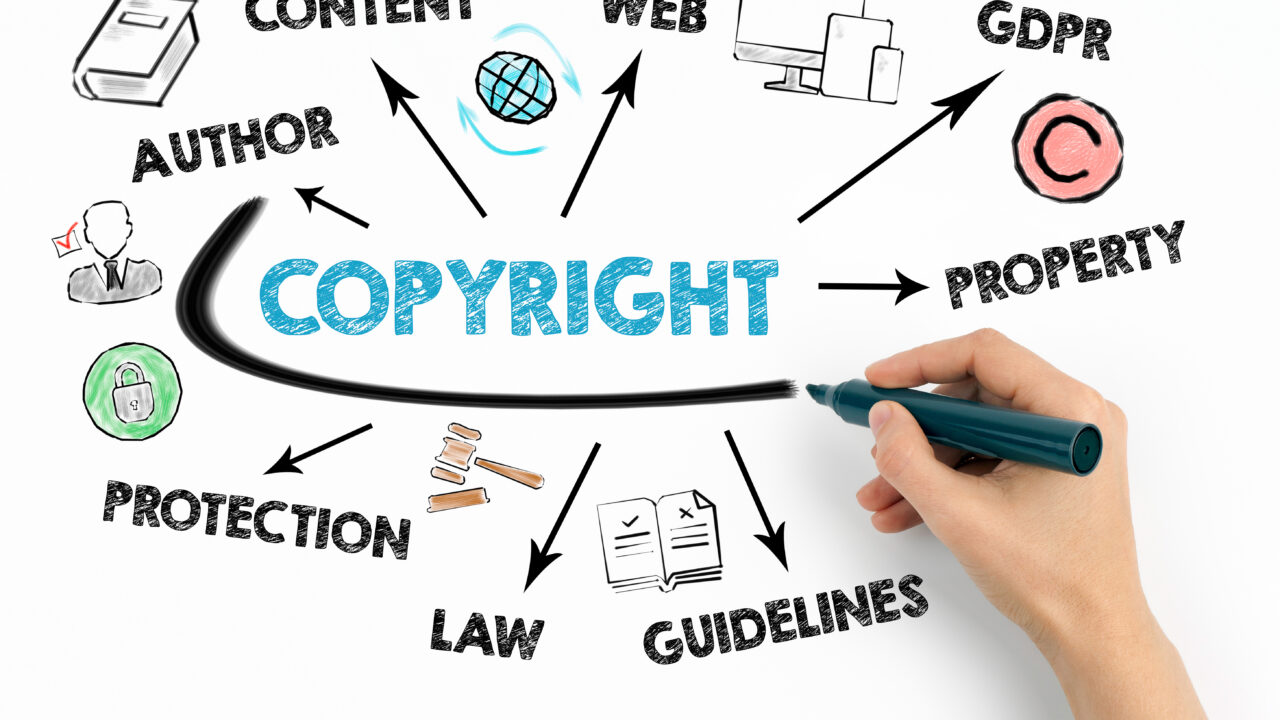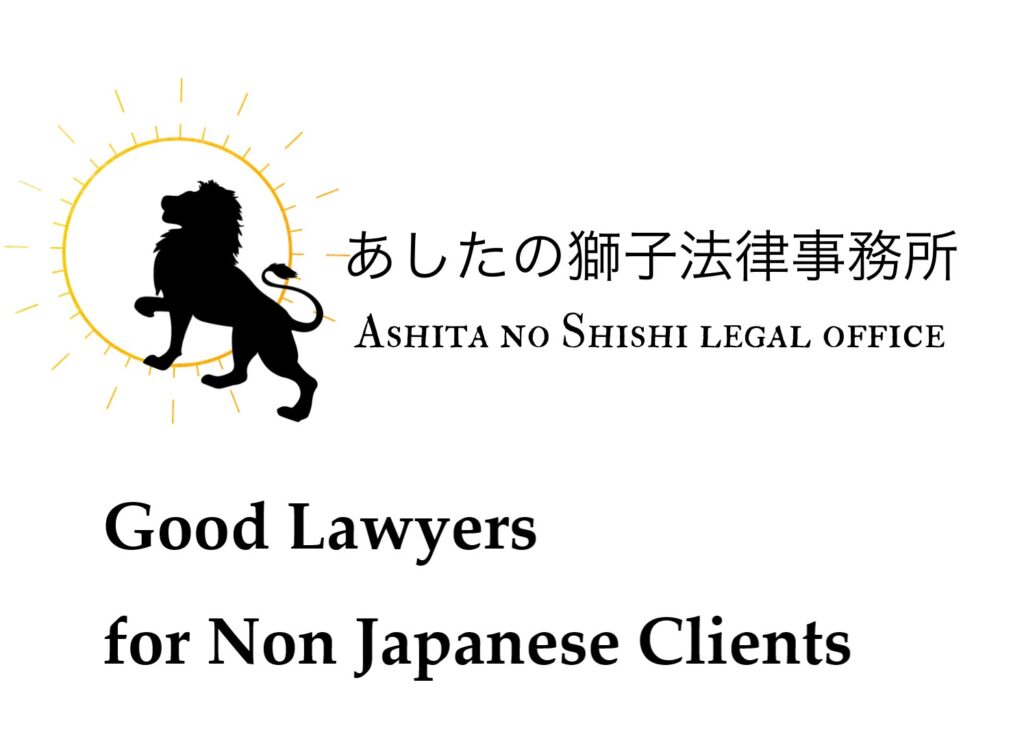This world is full of copyright infringement
It’s too easy to find good works of others from online and copy and paste them. Everybody knows it’s illegal, but many people cross the line assuming the right holders will never find out.
But it may be too optimistic. People’s awareness of copyrights are increasing year after year. If somebody sees you using copyrighted works of others without permission, the fact may spread quickly through SNS.
Technologies to locate plagiarism are rapidly evolving. Google are repeatedly updating its technologies to combat with copyright infringement.
What is Copyrights?
Importance of copyrights is common sense but it’s difficult to properly understand what is allowed and what is not allowed according to laws due to the complexity of the concepts.
Copyright is not a single right but a bundle of various kinds of rights, including the rights below. And unlike patent, the rights arise automatically without registration when a work is created.
- 複製権(Rights of Reproduction)
- 上演権・演奏権(Stage Performance Rights and Music Performance Rights)
- 上映権(Right of on-screen presentation)
- 公衆送信権(Right to transmit to the public)
- 口述権(Recitation Rights)
- 展示権(Exhibition Rights)
- 頒布権(Distribution Rights)
- 譲渡権(Right of Transfer)
- 貸与権(Right to rent out)
- 翻訳権・翻案権(Translation Right and Adaptation Right)
- 二次的著作物の利用権(Rights in connection with the exploitation of a derivative work)
People sometimes fail to recognize the violation of one of the rights above. For instance, in January 2021, it became a debate whether cosplay infringes the copyrights of Manga after Shinji Inoue, the Minister of State for “Cool Japan” Strategy, mentioned the necessity for legislation to clarify the relationship between cosplay and copyrights.
Although there is no determined case law about this yet, some people think cosplay might constitute infringement of 翻案権 (Adaptation Rights) above. Adaptation Rights is a right to create new works by adapting other’s copyrighted work without changing its essential part.
Cosplayer’s costume and makeup can be considered as the the works adapting the character’s image. Whether it is illegal or not, it’s hard to imagine the author of the Mange will claim compensation or demand punishment for cosplay by the fans, but when it became commercial base like Mario Kart’s Themed Tour Company, the chances will be higher (Nintendo wins \50 million lawsuit against operator of Tokyo ‘real life’ Mario Kart Company from 31st Jan, Japan today).
著作者人格権(Moral Rights of Author)
In addition to the copyrights, Japanese Copyright Laws stipulate the rights called 著作者人格権(Moral Rights of Author) and 著作隣接権(Neighboring Rights). 著作者人格権(Moral Rights of Author) are the rights of authors to protect their feeling as a creator and 著作隣接権(Neighboring Rights) are rights similar to copyrights which performer, record label, broadcaster or cable broadcaster can acquire for the works in which they are involved.
Not so often as copyrights, but 著作者人格権 (Moral rights of author) and 著作隣接権(Neighboring Rights) sometimes become an issue.
In October 2020, when Japanese Supreme Court judged that a retweet of a post which uses a photo uploaded without permission had infringed a moral rights of author of a professional photographer. The reason for this ruling is because the description of copyright mark “©” and the photographer’s name on the photo were automatically trimmed as a function of Twitter when it was retweeted in spite of the fact the copyright mark and name can be seen when the image was clicked by viewers. The judge determined such retweet infringed 氏名表示権(the Right of attribution), one of the Moral Rights of Author, which is the creator’s right to decide whether or not to display its name as the creator. This case tells us that when we retweet a post including a photo with a name, we’d better to check how the image is shown in the retweet. But I’m not sure what percentage of people really cares about the name on the photos when they are retweeted.
Image of Original Post
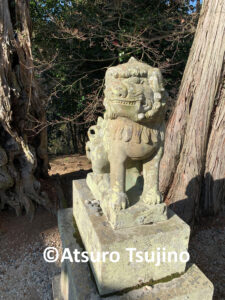
Image of Retweet
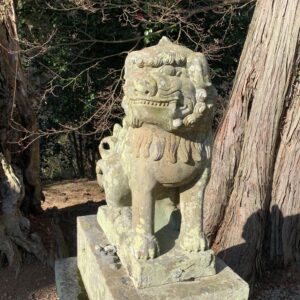
And don’t forget 著作隣接権(Neighboring Rights) when you use someone’s music for your works because you may need to get consents not only from the artist or JASRAC but also the record label.
How to avoid infringement?
Due to the wide coverage of copyright laws, it’s not easy to make sure full compliance. But even the basic knowledge may save your reputation and position someday. Nowadays, it’s inevitable to use creations of others for your business or creative activities. Everybody stands on the shoulder of Giants. We discuss how to use copyrighted works of others without getting a permission in “What is Fair Use? Japanese Copyright Law (2)” and “How to Quote it? Japanese Copyright Law (3)“.
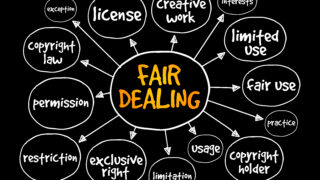

Although statute of limitation has already run out, when I was a university student, one of my jobs was to take notes of every lectures and sell them to lazy classmates just before the exam at high price. It was completely illegal.

